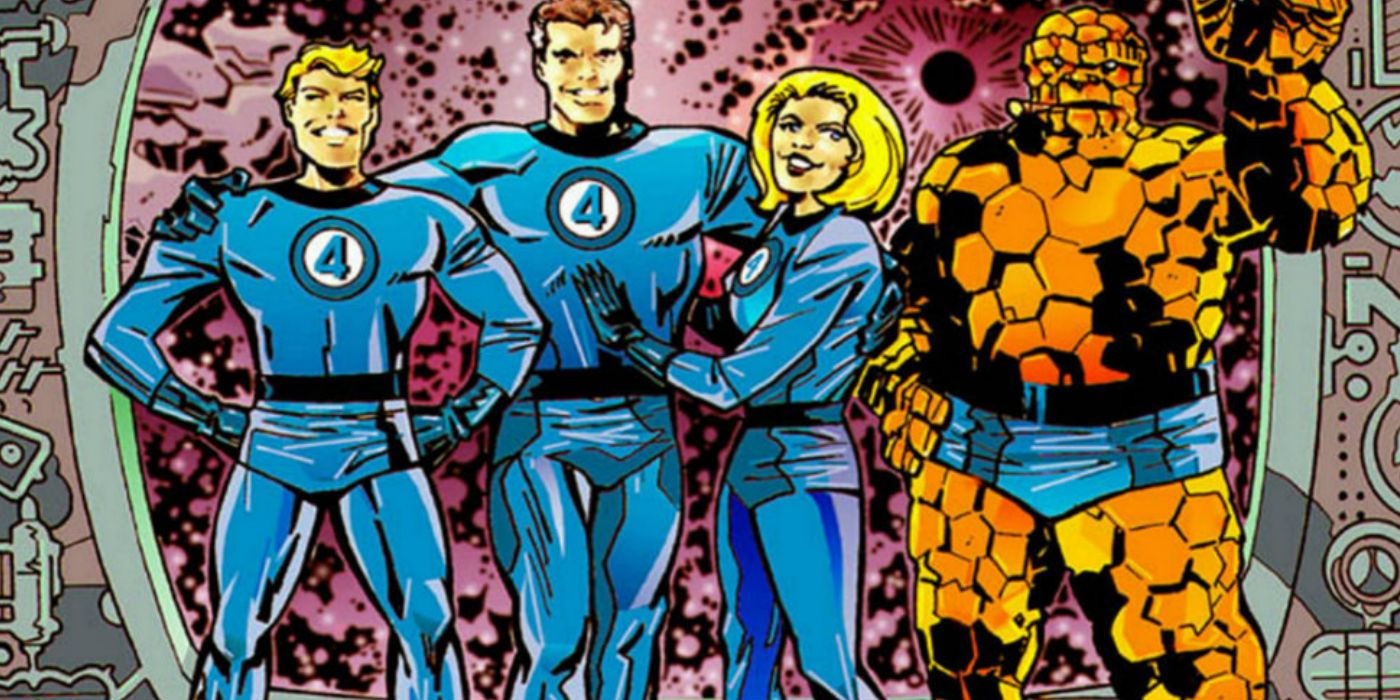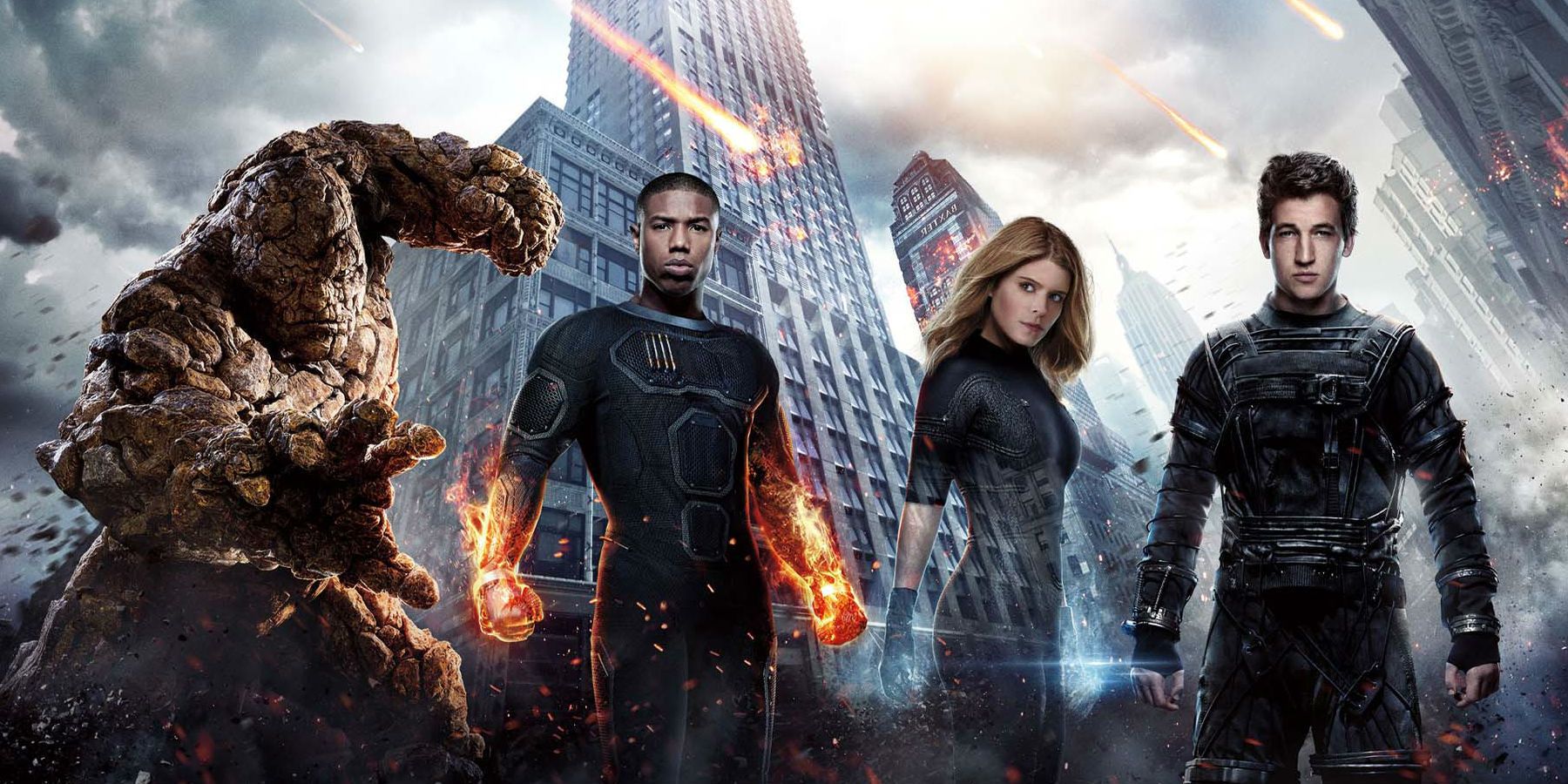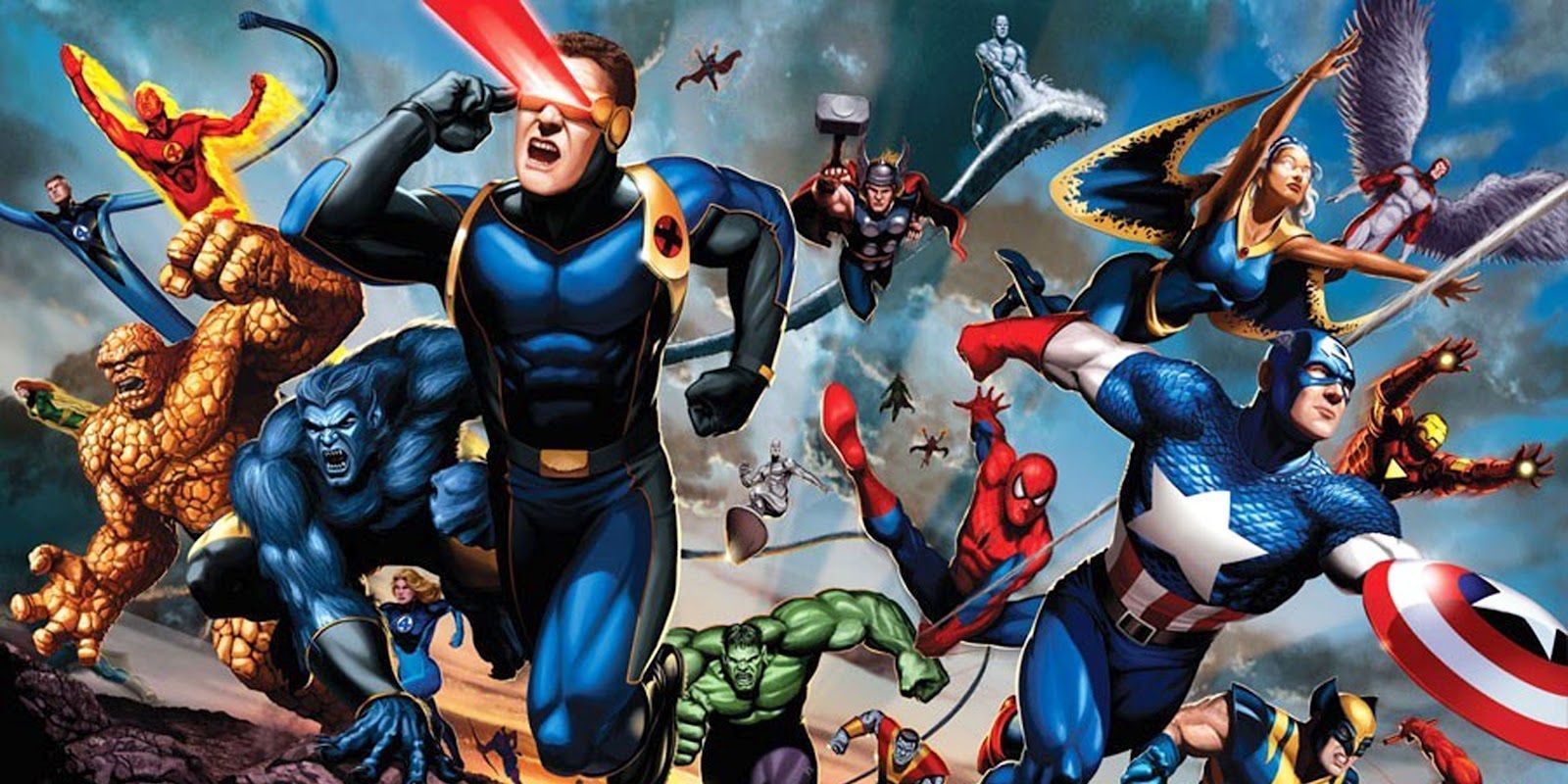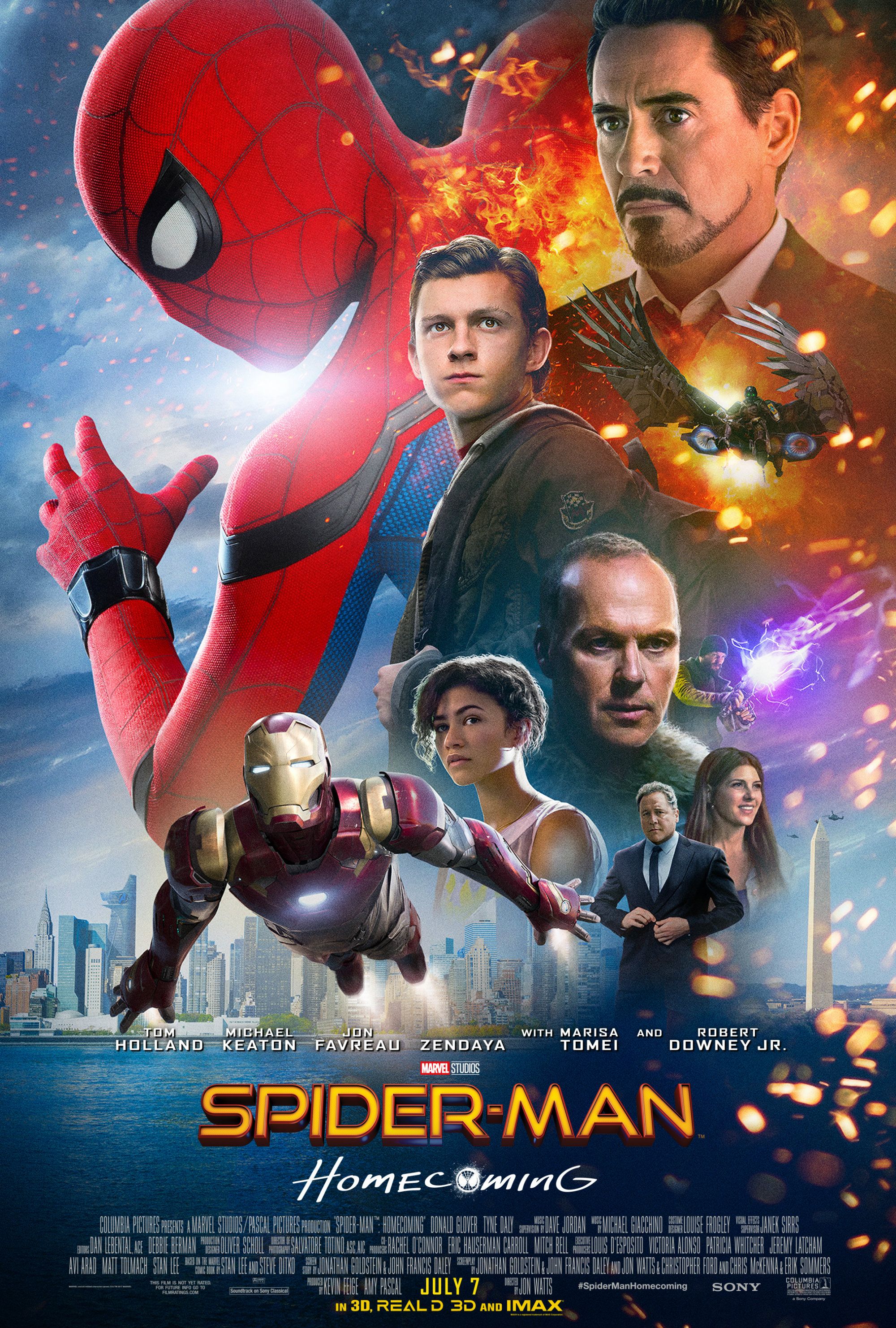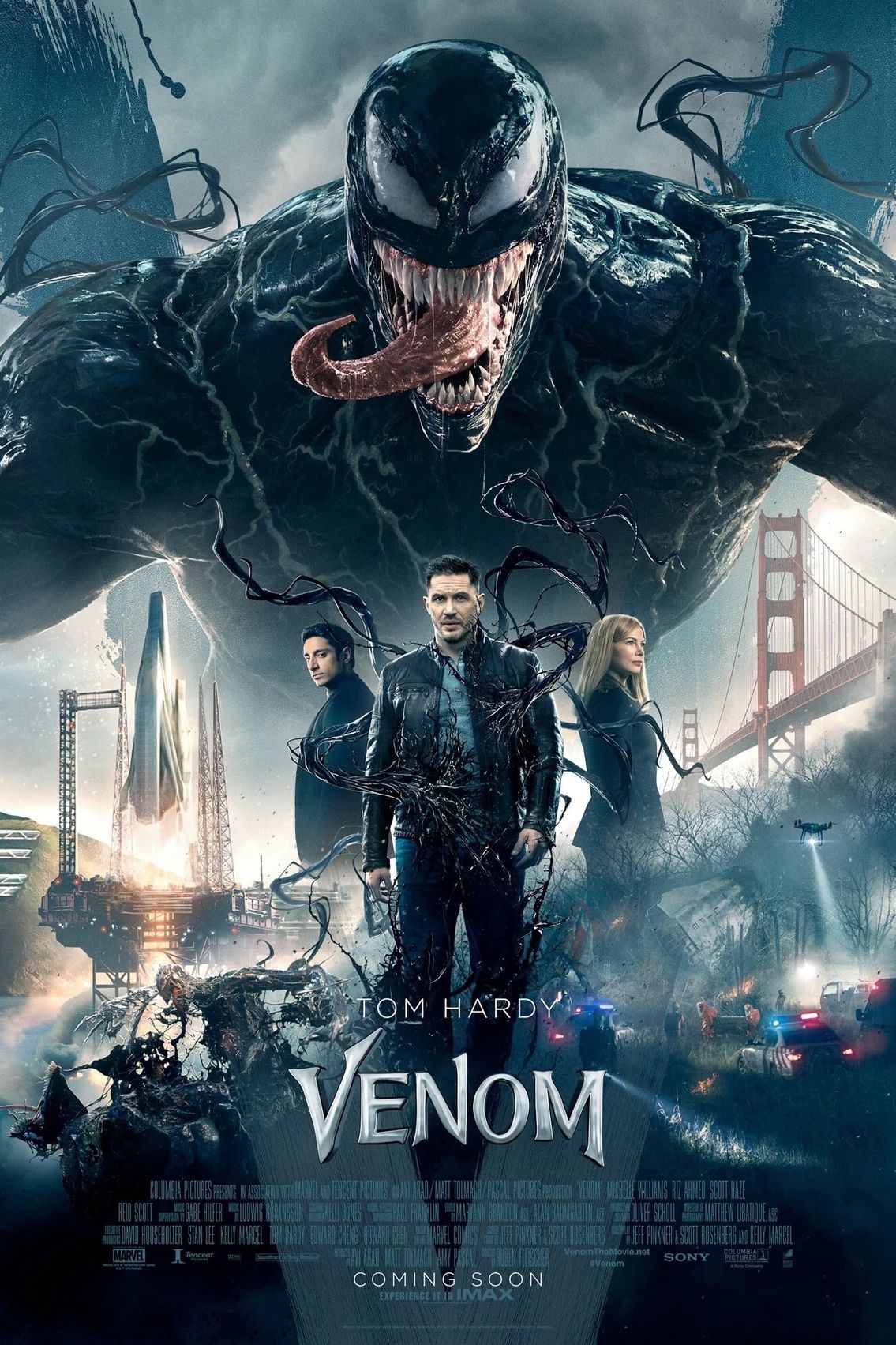Spider-Man: Homecoming is a big hit for Sony and Disney/Marvel. It's not necessarily a "runaway" hit, having suffered a steep box-office drop once the well-reviewed War For The Planet of The Apes opened on its second weekend and otherwise seeing a lower opening than fellow Marvel Cinematic Universe entry Guardians of The Galaxy Vol. 2 or the sustained mega-success of Wonder Woman. But it's a big hit all the same, garnering a better reception with audiences and critics than the disappointing Amazing Spider-Man duology and leaving even more underwhelmed fans to concede that Tom Holland has a solid career of webslinging ahead of him.
Its success is all the more impressive when one considers that, even though it was Marvel Studios that (reportedly) called most of the shots and did most of the heavy lifting on the hotly-anticipated co-production, the film is being counted as a big win for beleaguered Sony Pictures. The financially-troubled studio, which saw its senior leadership toppled by a string of box-office underperformers and a humiliating email-hacking scandal over the last several years, was badly in need of a hit and had entered into a once-unthinkable partnership with Marvel in order to salvage the long-term viability of the once-invincible Spider-Man brand - which Sony officially retains the film rights to even as the character is now living under shared-custody with Marvel-proper.
What a difference a weekend makes, though: Sony now finds its fortunes looking (for now, at least) interestingly re-aligned. Devout Marvel fans may still be bracing at the thought of the studio's plans to create a series of spin-off features around C-list Spider-Man supporting players of dubious connection to the "real" Marvel Universe, but such plans are now being talked about as high-profile eventualities as opposed to theoretical "hail Mary" moves that characterized their original conception. Whether or not nagging rumors that the studio is still mainly trying to look as prolific as possible in order to attract potential buyers (parent company Sony Inc. of Japan has been thought to be wanting out of the movie business), the fact is they look better as a prospect now than they did even a month ago.
In any case, if Sony's "if you can't beat em, join em" approach to competing in the Marvel Age of movie making now looks like it's (in the short term, at least) working out for Sony, then the question soon becomes whether other studios having trouble making their Marvel-adjacent blockbusters "work" should consider a similar approach - maybe even studios like Twentieth Century Fox.
FANTASTIC FLOPS
For those not versed in the arcane intellectual property laws that make all of this an issue, the short version goes like this: Back before it was part of Disney (or a movie studio in its own right - or, really, even financially-solvent); the cash-strapped Marvel Comics Inc. of the 1990s dragged itself out of bankruptcy in large part by selling off the film and television rights to some of its biggest characters via licensing contracts that gave extremely lopsided control over said characters and their (vaguely-defined) "official supporting casts" to the film/TV studios in question. While Marvel still held ownership of the properties (and, in most cases, the merchandising rights) themselves, Sony became the multimedia "controller" of Spider-Man; while Universal picked up The Incredible Hulk, New Line Cinema had the Blade franchise, Lionsgate claimed The Punisher and Ghost Rider and Fox landed a bounty in the X-Men, Daredevil and Fantasic Four properties.
That's partly why, when Marvel opted to form its own studio in the early-2000s, their initial focus was on the "B-listers" who made up The Avengers (apart from The Hulk, who's sole outing at Universal had disappointed at the box-office): They were working with what they had. Since then, the Punisher, Daredevil, Ghost Rider and Blade IPs have either been bought back or reverted in ownership via clauses in the original contracts that required the rights-holders to actually produce films on a regular basis. Sony and Fox held on to Spider-Man and X-Men rights, respectively, since those properties had proved financially viable even amid widely-despised installments like X-Men Origins: Wolverine and The Amazing Spider-Man 1 and 2 but for reasons that aren't 100% clear Fox has yet been unwilling to part with Fantastic Four - a franchise that figures enormously in the pop-history of the Marvel Universe but has failed to connect meaningfully with movie or TV audiences for nearly four decades now.
Fox's first Fantastic Four film from 2005 was successful, but met with middling reviews and produced only one indifferently-received sequel, Rise of The Silver Surfer. At one point there was talk of Marvel reclaiming the rights to two of the franchise's supporting figures, Galactus and the aforementioned Surfer, in exchange for letting Fox retain the Daredevil rights past their expiration date - but that plan fell apart. Instead, Marvel rebooted the blind lawyer hero into a hit Netflix series, while Fox launched a radical "gritty reboot" of Four that ranked among the most expensive and widely-hated failures of 2015. In the wake of Homecoming (and the yet-unanswered question of whether the X-Men brand can sustain with Hugh Jackman's Wolverine officially retired and X-Men: Apocalypse meeting a mixed response last year), the answer probably seems obvious: Fox should strike a Spidey-style deal with Marvel and let Marvel's First Family join the Cinematic Universe. But it's a lot more complicated than that.
Next Page: [valnet-url-page page=2 paginated=0 text='Secret%20Wars']
SECRET WARS
On the face of it, it's a question with an obvious answer: Yes, of course, Marvel and Fox should work out a deal so that The House That Feige Built can take over the rebuilding of Reed Richards and company. Whatever else can be said about The Disney Machine, Marvel has built just about the most effective husbandry system for superhero franchises ever conceived, and they've specialized in finding ways to make weird, offbeat figures like The Thing and Mister Fantastic not only palatable but beloved by mainstream audiences. If Marvel can turn Guardians of The Galaxy into a worldwide phenomenon, they can make global audiences love Ben Grimm, and Fox would likely see a big hit from this success to bolster their blockbuster slate - under the Homecoming arrangement, it's still Sony taking home the main box-office haul from the "solo" Spider-Man adventures - and superhero fans would get at least the potential for seeing the Marvel Comics' "freshman class" - The Avengers, Fantastic Four and Spider-Man - interact onscreen at some point, essentially parlaying its squad of B-Listers into getting back the rights for the rest of Marvel's finest (minus the X-Men). Of all the hypothetical scenarios currently being batted around for what to do about Fantastic Four (animated spin-off? Family comedy reboot?) it just makes the most sense - full stop.
The issue, though, is that movie studios (even Marvel, which appears to be staffed largely by folks that genuinely enjoy the genre they've staked out) have different priorities than fans - priorities that extend into bigger, broader needs than a desire to see The Hulk finally battle The Thing. And while fans tend to over-inflate the degree of emnity that exists between "rival" studios in these cases (chances are Marvel executives don't see being "denied" the spectacle of Jackman's Wolverine fighting Captain America to be as grave an injustice as fans may), there's a reason such arrangements usually only end up happening when one party finds itself in dire straits like Sony did: Fox would certainly "like" a Homecoming-sized hit out of the Four franchise, but it's not clear that they feel they need it yet. For that matter, it's not clear Marvel stands to benefit greatly either - the First Family haven't been genuine A-listers for a long time now, and in many ways it's the component parts of their franchise (i.e. supporting characters like Doctor Doom, Galactus, The Skrulls, etc) that Marvel would be more covetous of at this point.
But while the upside isn't nearly as clear as it was (on both ends) for Spider-Man, the downside doesn't seem to exist at all: A family of wacky globe-trotting/space-exploring heroes feels like a natural fit for the MCU - the "bridge franchise" between terrestrial fare like The Avengers and cosmic oddities like Guardians and Doctor Strange that the Thor movies have not yet managed to fully become - and Marvel's particular magic-touch is clearly the missing element from the Fantastic Four movies so far. The only thing seemingly holding it back is that neither studio feels a need to do it yet, but should the time come Homecoming has demonstrated that the fans who've been hoping for it for years now may have been right all along.

